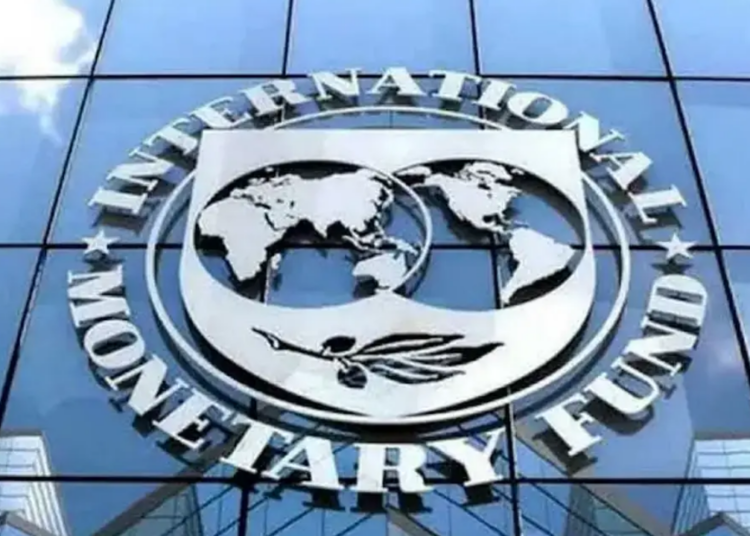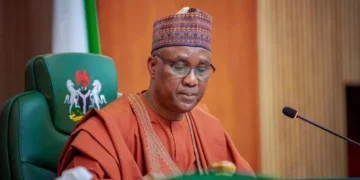The Nigeria Employers Consultative Association (NECA) has warned the federal Government against obeying the advice of International Monetary Fund’s(IMF’s) call for increased taxes in the country.
The director general,NECA, Mr Adewale Oyerinde, who made this known, reiterated that the call by the IMF to the federal government to increase taxes in order to reduce borrowing spells nothing but disaster for an economy struggling to stay afloat.
In his explanation, Oyerinde noted that, though such advice may seem to be in favour of FG since it would drive up its revenues, however, any attempt to hike taxes would have a negative impact on households, individuals and businesses.
According to him, “for a private sector already overwhelmed by multiple taxes, the imposition of additional taxes on services will make the business community more vulnerable with a trade off on growth and job creation.
“In an environment where individuals and corporate entities provide services and infrastructure that should normally be provided by the government, the best the government can do is to support and ease their burdens rather than considering any plans towards making them pay for its inefficiencies and fiscal indiscipline.”
Moreover, Oyerinde noted that, since it is not every recommendation from development agencies that should be implemented without considering the peculiarity of the context in which such policies will be implemented, FG should discard such advice.
Noting the increasing taxes will weaken purchasing power or stifle consumption of Nigerians, especially in an econmy already battling inflation, he added that, “countries tend to reduce taxes during economic lull but increase the same during a boom. Unfortunately, we are not in the latter position.
“Any attempt to consider tax hike would create more burdens on tax payers. It may defeat any attempt to widen the tax net as tax payers would consider tax avoidance measures. There will be massive capital flight, and the drive for direct foreign investment could be defeated.
“Government should consider widening its tax net as we had posited on my many occasions and at various forums. We support the IMF’s recommendation to the federal government to consider widening its fiscal net. It is the way to go. In addition, one of the problems government at all levels in Nigeria has is the rising cost of Governance.
ernance can be addressed decisively, it has the tendency to reduce borrowing since recurrent expenditure would automatically decrease.”
He reiterated that the $800million loan to serve as palliatives in view of the planned removal of subsidy is not necessary.
The government must give attention to fixing the refiniries and make them operational in the coming months before the removal of petrol subsidy, he pointed out.
He said: “already, experts and the polity at large have frowned against the loan facility and have proposed definitive approaches including fixing the refineries and investigate without delay the subsidy regime with the view to exposing the alleged corruption associated with it. This should not be a difficult thing for the government to do.”











